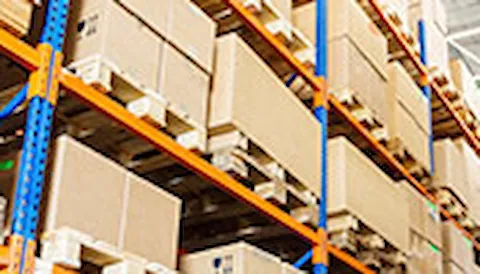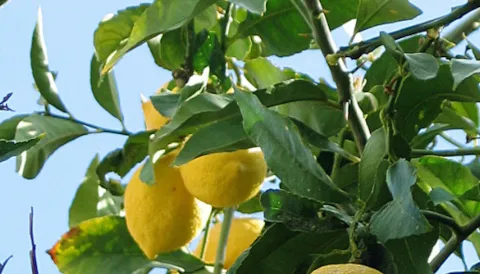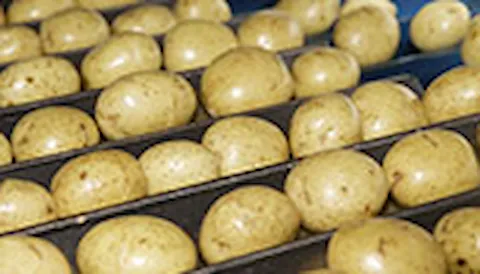ISO 22000 Certification: Food Safety Management
Improve quality of your food safety management system and consistently meet customer expectations of food safety and risk recognition.
ISO 22000 Certification: Food Safety Management
Certification of your food safety management system demonstrates your commitment to controlling food safety hazards and managing the safety of your products. It implies continual improvement and customer satisfaction. These are tangible benefits that play an important part in building a sustainable business performance.
The ISO 22000 - food safety management standard provides specific requirements for a food safety management system that will enhance your ability to consistently deliver products and services that meet customer, as well as statutory and regulatory demands.
What is ISO 22000?
The ISO 22000 standard is compatible and harmonized with other international management system standards, including ISO 9001. It is ideal for integration with existing management systems and processes.
ISO 22000 is applicable to all organizations directly or indirectly involved in the food value chain. This includes producers of packaging or detergents, suppliers of cleaning services, pest control, or industrial laundry services. It allows assessment and demonstrates conformity of the product in relation to food safety and control of food safety hazards. The standard ensures food safety from farm to fork based on these generally recognized key elements:
- Interactive communication: An innovative and essential factor for risk management. A structured informative flow in every direction, internally and externally. It guarantees effective control of hazards.
- HACCP (Hazard Analysis & Critical Control Points) principles: The basic methodology to plan safe production processes which are appropriate for every individual company, without unnecessary bureaucracy.
- System management: The control of the interaction between the system’s elements guarantees efficiency and the effectiveness of the system.
- Prerequisite programs: Good Manufacturing Practices, Good Hygiene Practices, Good Agricultural Practices, including equipment and buildings maintenance programs and procedures, and pest control programs, are the pillars on which a HACCP system is based.
Benefits of becoming certified
Certification to ISO 22000 - food safety management by an independent third-party verifies the effectiveness of the FSMA in the food value chain.
The ISO 22000 standard enables your organization to:
- Build and operate a food safety management system within a well-defined and clear framework that is flexible to your business needs and expectations.
- Understand what the actual risks are for the consumers and for your company.
- Provide a tool for food safety performance improvement and the means to monitor and measure food safety performance effectively.
- Better meet food safety legal compliance and corporate requirements.
Certification to the standard provides an effective means for your company to communicate with stakeholders and other interested parties. It is an important element in demonstrating food safety commitment under corporate governance, corporate responsibility, and financial reporting requirements.
Getting started
To be certified, you first need to implement the required processes into a system complying with the standard’s requirements. DNV is an accredited third-party certification body and can help you throughout the journey starting from relevant ISO 22000 training to self-assessments, gap analysis and certification services.
Learn more about how to get started on the road to certification.
More information

ISO 22000
Download our flyer.

Global Food Safety Initiative
Visit the GFSI site

Training
Relevant insight in an active learning environment.

Your added value
Find out more on the digital customer experience.




